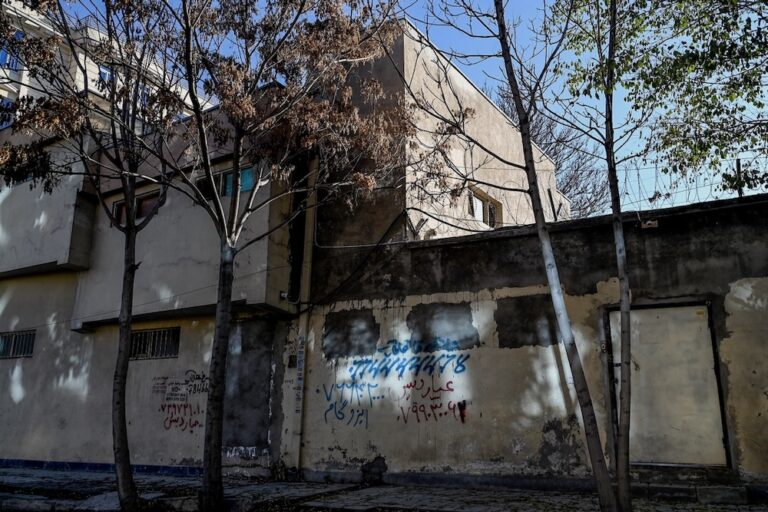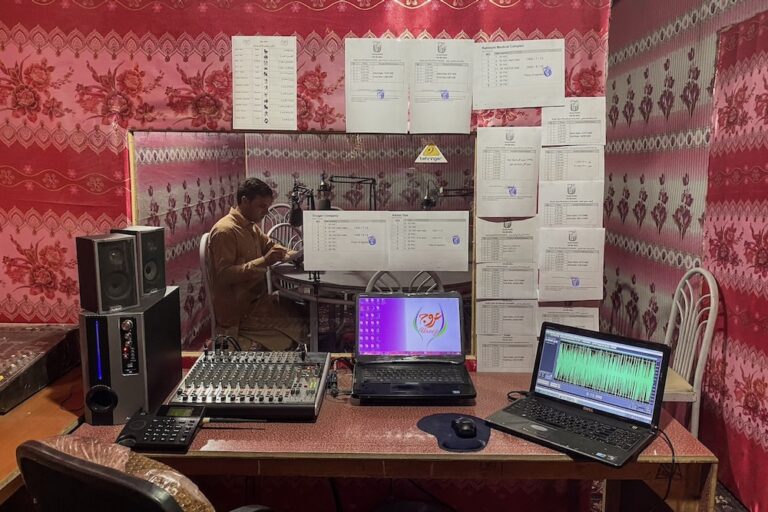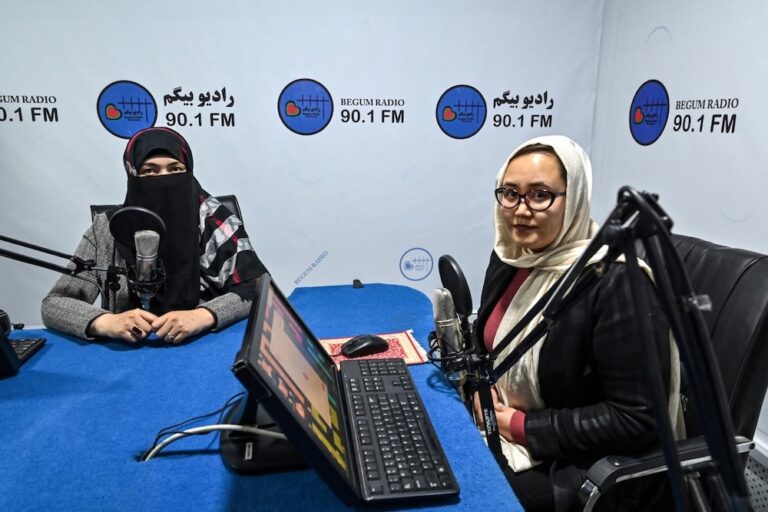The Committee to Protect Journalists urged Taliban authorities to investigate the disappearance of Afghan journalist Ali Akbar Khairkhah and ensure that local officials allow female journalists to do their jobs without interference.
This statement was originally published on cpj.org on 27 May 2022.
Taliban authorities must investigate the disappearance of Afghan journalist Ali Akbar Khairkhah and ensure that local officials allow female journalists to do their jobs without interference, the Committee to Protect Journalists said Friday.
On Tuesday, May 24, Khairkhah, a photojournalist and reporter with the local Subhe Kabul newspaper, disappeared from the Kote Sangi area of District 5 in the capital of Kabul, according to his nephew Mohammad Abbasi, who spoke to CPJ in a phone interview, and media reports. Khairkhah told his family that he was going to the area to report and would attend his evening university classes, his nephew said, adding that his uncle did not attend the classes and they could not find any information about him in the hospitals, police districts, or the Kabul police command.
In a separate incident, on May 19, Naimulhaq Haqqani, the Taliban’s director of information and culture in western Herat province, told his personal assistant to expel Marjan Wafa, a reporter with the independent local Radio Killid station, from his press conference, according to a journalist with knowledge of the incident who talked to CPJ on condition of anonymity – fearing the Taliban’s reprisal – and media reports. Wafa, the only female journalist at the press conference, reportedly was complying with the Taliban’s dress code by wearing a face covering that exposed only her eyes. Haqqani’s personal assistant did not give her any reason for the order to leave.
Wafa’s expulsion came amid a broader crackdown on women reporters, with Taliban ministries ordering female TV journalists to wear masks while on air.
“The disappearance of journalist Ali Abar Khairkhah in Kabul and the expulsion of female reporter Marjan Wafa from a press conference in Herat add to growing concerns about the dangers and abuse journalists face in Afghanistan under Taliban rule,” said CPJ Asia Program Coordinator Steven Butler. “It’s beyond time for the Taliban to take responsibility for the safety of reporters and to allow all members of the press – men and women – to report the news without interference, including abolishing the decree that women TV journalists cannot appear with uncovered faces.”
Khairkhah works as a journalist and is also an undergraduate journalism student in Kabul. He has recently conducted interviews with Afghan politicians for Subhe Kabul, which covers Afghan news and current affairs.
CPJ contacted Zabihullah Mujahid, a Taliban spokesperson, for comment via messaging app but did not receive any response. CPJ was unable to find contact information for Herat province’s director of information and culture.
CPJ has documented the increasingly prominent role of the General Directorate of Intelligence in controlling news media and intimidating journalists in Afghanistan.



